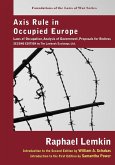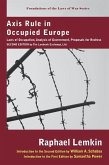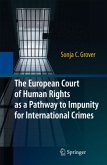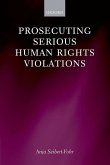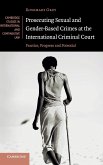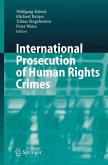Human Rights after Hitler is a groundbreaking history about the forgotten work of the UN War Crimes Commission (UNWCC), which operated during and after World War II in response to Axis atrocities. He explains the commission's work, why its files were kept secret, and demonstrates how the lost precedents of the commission's indictments should introduce important new paradigms for prosecuting war crimes today. The UNWCC examined roughly 36,000 cases in Europe and Asia. Thousands of trials were carried out at the country-level, and hundreds of war criminals were convicted. This rewrites the history of human rights in the wake of World War II, which is too focused on the few trials at Nuremberg and Tokyo. Until a protracted lobbying effort by Plesch and colleagues, the UNWCC's files had been kept out of public view in the UN archives under pressure from the US government. The US initially wanted the files closed to smooth the way for post-war collaboration with Germany and Japan, and the few researchers who did gain permission to see the files were not permitted to even take notes until the files' recent release. Now revealed, the precedents set by these cases should have enormous practical utility for prosecuting war crimes today.
Hinweis: Dieser Artikel kann nur an eine deutsche Lieferadresse ausgeliefert werden.
Hinweis: Dieser Artikel kann nur an eine deutsche Lieferadresse ausgeliefert werden.


